ISO 9001:2015 – certification of quality management systems
Unleash your company's potential with ISO 9001:2015! This norm for quality management systems is used by millions of organisations both large and small. It is a proven tool for creating clarity and order, utilising synergies, recognising weak points and pursuing the path of continuous improvement. The goal: first-rate quality and satisfied customers. With SQS as your certification body, you can get the best out of ISO 9001:2015.
ISO 9001 Product Manager
Silvio Genovese

Accreditation by the Swiss Accreditation Service (SAS)

Our certificates are valid and recognised internationally

We have been certifying quality management systems since 1983

Around 7 000 customers trust our services
Quality management in accordance with ISO 9001:2015
The ISO 9001:2015 norm is the world's best-known standard for quality management systems across all industries and company sizes. Using its catalogue of requirements, you can align the processes and workflows in your company more and more closely with quality and customer satisfaction. By the way: the number '2015' refers to the year of the last revision. ISO norms are regularly reviewed and developed further.
Certification by the SQS
The SQS ISO 9001 certificate gives customers and other stakeholders the assurance that your company prioritises quality and customer satisfaction. The certificate is valid for three years. After the initial certification, a maintenance audit takes place in each of the following two years. These shorter audits check whether the norm requirements are being met and whether the management system is being developed further. However, the audits are more than just monitoring visits: the experienced auditors from SQS provide you with a valuable external view of your organisation as well as tips for continuous improvement.
Recognition and accreditation
Not every ISO certificate is worth the same. The expertise and reputation of the certification body are decisive in determining a certificate's standing on the market.
SQS is by far the leading provider of management system certificates in Switzerland. It was the first to be accredited by the Swiss Accreditation Service (SAS), which is the federal authority that supervises the certification bodies. Inspectors are therefore themselves checked by the SAS for their expertise and conformity with norm requirements. Lastly, SQS is part of a global network.
For these reasons, SQS ISO 9001 certificates are recognised on all continents. They open the doors to new markets.
Combinations of certificates
ISO 9001 is like a basic norm. A quality management system is ideally suited to integrating other subject matters and norms, for example ISO 14001 on environmental management, ISO 31000 on risk management, ISO 45001 on occupational health and safety or ISO 50001 on energy management.
The harmonised structure of the ISO norms facilitates such integrated management systems, as the various norms feature the same subject matters and core texts. This allows you to avoid duplication, utilise synergies and improve and certify your organisation with regard to various objectives.

Hello, I am Silvio Genovese
You probably have one or two questions. I can certainly understand that. Norms reduce complexity, but they can appear complex themselves. That is why we are here for you. Our account management team and I, as product manager, will be happy to provide you with information or forward your questions to our experienced auditors. We want to make access to certified management systems as easy as possible for you.
Please let us know how we can help. We look forward to hearing from you!
Kind regards,
Silvio Genovese
Customer satisfaction
Customer orientation is central to ISO 9001. A certified quality management system (QMS) helps to ensure that you better understand and fulfil the needs and expectations of your customers at all times.
Recognition and market access
The ISO 9001 certificates from SQS are recognised worldwide. This is ensured by the high profile of ISO, international accreditation agreements and the 'Swissness' of the certificate. A certified QMS strengthens the credibility of your company and the trust of customers, authorities and other stakeholders.
Clear and optimised processes
ISO 9001 promotes process-orientated management. Organisations are encouraged to organise, monitor and continuously improve their processes. This leads to increases in quality and efficiency as well as cost savings.
Continuous improvement
Continuous improvement is a fundamental principle of ISO 9001. As part of the annual audits, experienced SQS auditors will provide you with valuable, specific information on where your QMS does not (yet) fully fulfil this requirement.
Recognising opportunities and risks
ISO 9001 requires organisations to keep an eye on the context in which they work to identify and assess risks and opportunities. This ensures you do not miss out on any relevant developments, even in times of accelerated change, and that you act with foresight.
Instrument for sustainability
Customers, authorities, employees and other stakeholders demand that companies operate sustainably. You can use your certified QMS to make your organisation fit for such requirements.
If you feel you are well-versed in terms of QMS, you are welcome to register for certification using the form above. Otherwise, your path to ISO certification could look like this:
#1 – Training/establishing a QMS
Our experienced auditors share their expertise in practically orientated training courses on ISO 9001. Ensure optimal preparation for the introduction of the QMS and the certification of your company.
#2 – Register for certification
Once you have registered for certification, you can benefit from a preliminary discussion or pre-audit. The pre-audit identifies system-relevant gaps and enables efficient certification.
#3 – Auditing
Firstly, we review your system documentation, assess your readiness for certification and draw up a detailed audit plan together with you. Our auditors then visit your company to inspect the relevant test objects and draw up a report.
#4 – Certificate valid for three years
If the report is positive, you will receive the ISO 9001 certificate in digital and printed form. You can advertise your certified status internally and externally for three years. Annual audits ensure compliance with the norm and enable continuous improvements. Comprehensive recertification takes place after three years.
Rivella AG
250 employees – food industry
The challenge
«A beverage producer must do everything possible to guarantee quality and food safety. To do this, employees must know and follow the relevant procedures. They should make suggestions for improvement. And they must have the courage to address mistakes.»
Solution
«No quality management system can replace the one decisive factor: a corporate culture centred around values, appreciation and responsibility. But a quality management system based on ISO 9001:2015 serves as a spine by defining and documenting tasks and processes and encouraging us to continuously seek and implement improvements.»
Martina Pfeiffer, Head of Supply Chain
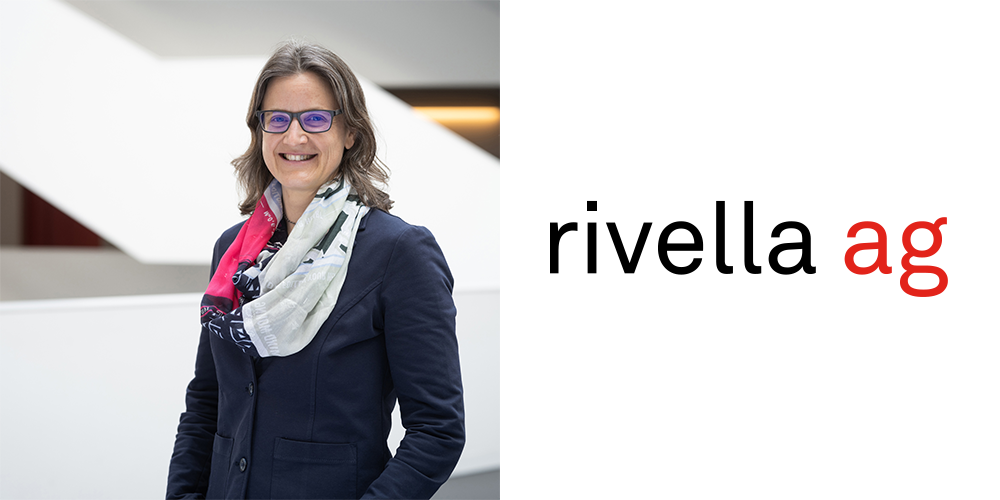
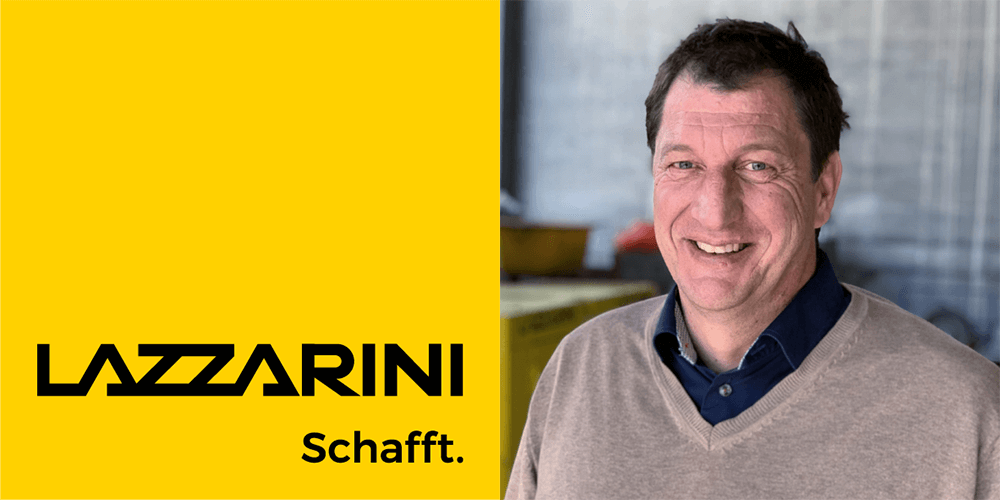
Lazzarini AG
250 employees – construction industry
The challenge
«In hardly any other industry do companies have to take so many interdisciplinary and regulatory requirements into account as in construction. This complexity is particularly challenging for a medium-sized company like Lazzarini, which does not have the resources to establish a large administrative system.»
Solution
«We operate a management system that integrates quality, environmental management, health and safety and building regulations in addition to requirements relating to values and culture. Our system functions as a hub, on the one hand to guide the way Lazzarini works and on the other hand to connect our processes and specifications together. We have established our system in accordance with ISO 9001:2015. The annual SQS audits ensure that we operate the system correctly, keep it up to date and develop it further. This is the best way to ensure that all the requirements do not become overwhelming.»
Claudio Giovanoli, Chairman of the Executive Management
The time required for ISO 9001 certification depends on various factors, for example the size and complexity of the company, the expertise of the employees involved, the software solution or the time available to establish the system. It usually takes between six and twelve months to develop the processes and applicable documents and to prepare for the certification audit, which takes at least one day. For large companies, the audit can take several days.
Once the initial certification has been successfully issued, the company receives a certificate that is valid for three years. In each of the following two years, a maintenance audit – which is smaller in scope – is carried out. These ensure that the requirements of the norm are met on an ongoing basis and that the company continues to develop. Before the certificate expires, a recertification audit is carried out and the cycle starts again.
The costs depend on various factors, for example the size and complexity of the company, the number of full-time employees or the number of locations requiring certification. One-off or ongoing costs for establishing and operating the system, such as internal staff costs, training for employees, consultancy fees and licences for process management software, must be taken into account. It is advisable to make a cost estimate in advance. ISO 9001 certification is of strategic importance and represents an investment in the future of the company.
SQS is a certification body authorised by the Swiss Accreditation Service (SAS). This means we are not permitted to advise you on establishing a QMS. The separation between consulting and certification is a key factor for our independence and therefore for the credibility of our certificates. However, we do offer training courses for the establishment and continuous development of a QMS; these are conducted by our experienced auditors.
The certification body is responsible for carrying out the certification audit in accordance with the regulatory requirements and checking the company for conformity with the requirements of ISO 9001. It is important to select an accredited certification body that is recognised by a national accreditation body, such as SQS. This is the only way to ensure that the certificate is widely recognised, including internationally.
All valid certificates issued by SQS can be found on our website under Certified organisations. To search for a company, enter the registration number.
Yes, a company can have several certifications at the same time, for management systems in accordance with ISO 9001, ISO 14001 (environmental management), ISO 45001 (occupational health and safety) and others. These norms complement each other and enable companies to create an integrated management system that takes into account the various requirements of customers, employees and other stakeholders.
If the requirements of the norm are not met and the lead auditor declares so-called major or minor non-conformities, the company must rectify these within a specified period. If the company is unable to do so, the certification body may impose a suspension of a maximum of six months or cancel the certification procedure. However, these cases are extremely rare.
The company should ensure that all employees understand the requirements of the norm and are able to implement them in day-to-day operations. Training courses and programmes can help to raise awareness of the norm and its benefits and thus ensure the QMS operates effectively and efficiently.


